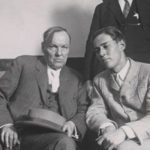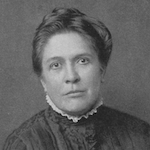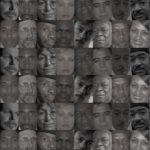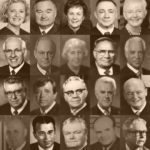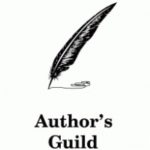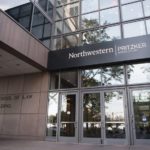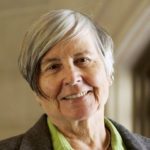| 2004 |  | Homicide in Chicago 1870-1930 | From 1870-1930 the Chicago Police Department maintained a handwritten record of more than 11,000 homicides. Lost and forgotten for almost 7 decades, it fell under the scrutiny of Leigh Bienen shortly after her move to the city, and this is when the remarkable happened: her team transcribed the document into digital text; coded it into a dataset with ~120 variables; then partnered with one of NU’s leading mutlimedia centers to create an interactive database with which the public could examine the dataset, wrapped in a rich melange of documents, images and videos. The website has logged more than 1.5M visitors—with hundreds of them sharing riveting stories of ancestors, sometimes victims, sometimes defendants—and generated a substantial volume of scholarly work. |
| 2008 |  | Florence Kelley in Chicago 1891-1899 | Using state-of-the-art tools generously provided by Northwestern University's Academic Technologies, Leigh reprised her enormously popular Homicide project with an exhaustive study of the life of Florence Kelley, whose years in Chicago at Hull House included a wage and ethnicity census of the slums and tenements in Chicago; the reporting of cases and contagion in the smallpox epidemic of 1893; the enforcement of the universal primary education laws and enforcing the provisions of the Illinois Factory Inspections Law of 1893 (which led to a Supreme Court case in 1911 which codified protections for women and children in the labor market). 35,000 pages of documents and hundreds of historical photos provide legal and historical context for one of Chicago’s most riveting eras and historical figures. |
| 2014 |  | Illinois Murder Indictments 2000-2010 | On March 9, 2011, Governor Pat Quinn signed legislation abolishing the death penalty in Illinois. Instrumental in his decision were the data-driven findings of the Illinois Committee to Study the Reform of the Death Penalty: between 2000-2010 more than $100 million of state money was spent out of the Capital Litigation Trust Fund on death penalty cases. Leigh Bienen, was a member of that Committee. The 2200 murder indictments which formed the body of evidence are gathered here; you can examine them via our interactive database, and they can also be downloaded. Extensive supporting material is included. |
| 2016 |  | Illinois Judges | In the state's early years, Illinois Supreme Court Justices were required to "ride the circuit,” traveling over rough terrain to the four judicial districts where they would perform both circuit and appellate duties. In 1842 Judge James Shields and Abraham Lincoln barely avoided a duel that might have drastically altered the course of history. During the 21 year mayoralty of Richard J. Daley, candidates for judicial positions were hand-picked. This website consolidates biographical and professional data on the election and appointment of all Illinois State Judges sitting during the calendar year. Data tells a story. Examine it. |
| 2020 |  | 2003 Chicago Murders | This is a snapshot of a bureaucracy, a compendium of numbers, system identifiers, dates and other information regarding 140 death eligible murders in Cook County, all cases where an indictment for murder was returned during the period January 1, 2003 to June 30, 2003. The bureaucratic structure required many, many salaried people to be paid to show up and perform a routine bureaucratic function, where no significant, or final legal action took place. At the end of each individual court appearance a person in shackles is brought into the courtroom and stands before the judge, an entry is made on the record of the appearances, and typically the case is continued with the consent of all involved, until the same hearing takes place again and again and again. It continues under its own self-perpetuating momentum with little scrutiny or incentive to change, costing millions of taxpayer dollars and employing many thousands of people. |
| 2022 |  | Leigh Buchanan Bienen—Authors Guild | The Authors Guild is America's oldest and largest professional organization for writers and provides advocacy on issues of free expression, copyright protection and a living wage. |
| 2022 |  | Northwestern University Law Faculty Profile | Leigh B. Bienen is a Senior Lecturer at Northwestern University School of Law and a criminal defense attorney whose areas of expertise include capital punishment, sex crimes, and rape reform legislation. She has taught law at the Woodrow Wilson School of Princeton University, at the University of Pennsylvania School of Law and the University of California (Berkeley) School of Law. She is licensed to practice law in Illinois, New Jersey, Pennsylvania, New York, and D.C. and a member of the Bar of the United States Supreme Court. |
| 2022 |  | Northwestern Law: Search Faculty Publications: Leigh B Bienen | A partial listing of Leigh's publications from 1998-2022, including op-eds/blog posts/popular press; working papers; articles and books |
